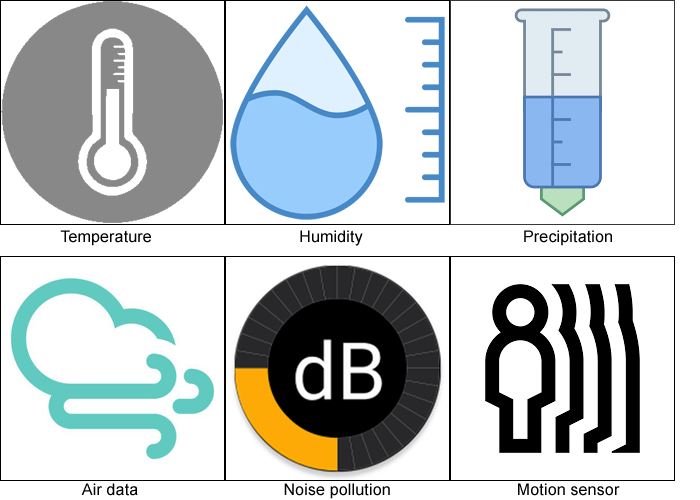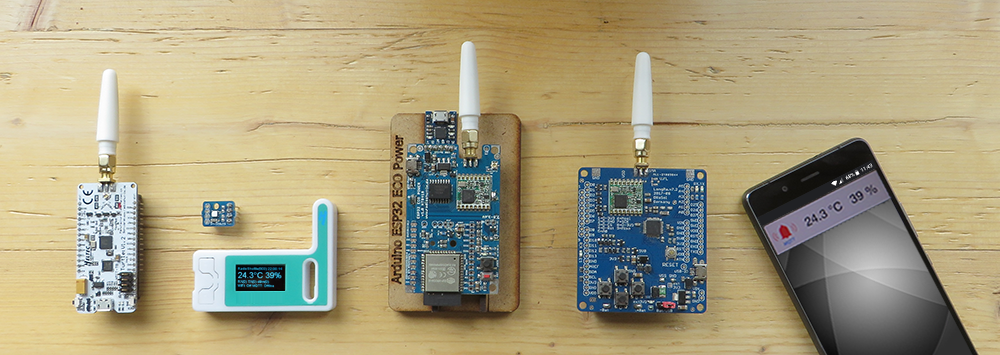
Many sensor data need to be transmitted. For this purpose, the RadioShuttle wireless protocol offers a modern concept of messages between the apps. Each sensor supports one or more apps (IDs). Prerequisite for a successful communication are identical app IDs on the node and the server. Of course, apps can be password protected, allowing only those participants to communicate that have knowledge of the app password.
Public apps
“There’s no need to reinvent the wheel”. Once a developer has defined exchange data for an app, it can be publicly made available. This allows additional users to easily utilize an existing app (with ID and definition of the data to be transmitted). In this way, even different solutions can communicate with each other without reinventing the wheel. Together we achieve more!
Private apps
Closed solutions are also justified. Private apps are meant for special purposes, where public communication is not desired, or the subject is too specific for others. RadioShuttle developers can request private app IDs free of charge.
Developing RadioShuttle apps is much easier than one might think. In the end all apps differ in a worldwide unique app ID, which must of course be supported by those devices that share messages. Similar concepts can also be observed in the TCP/IP world, where a port number resembles the app ID. The recommended publication of app protocols (public apps) makes sharing messages easy, secure, and efficient.
Request app IDs
On apps.radioshuttle.de you may request or register new app IDs (public or private) for free. All you need is a valid board code and the e-mail address that you specified at purchase.
RadioShuttle
Examples:
- Environmental sensor
The particulates sensor (Nova PM Sensor SDS011) can measure the concentration of particulates in the air. - RadioTest
Two devices communicate with each other and share a simple message.
